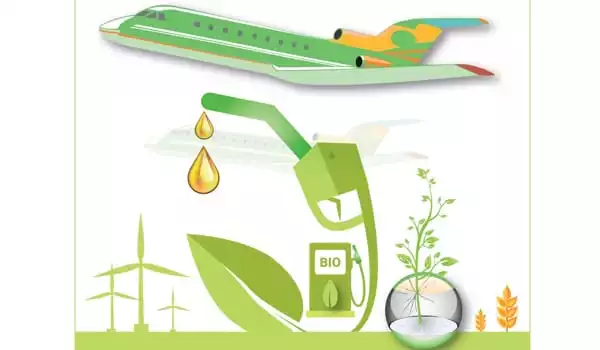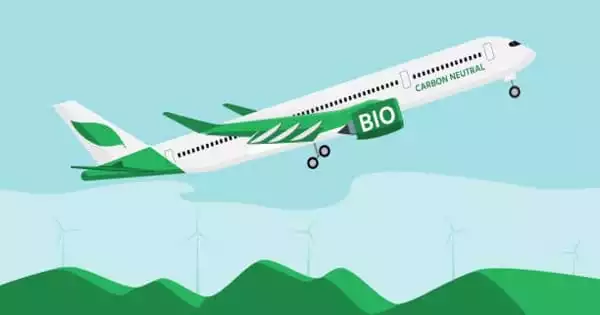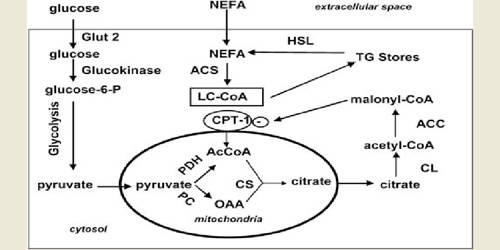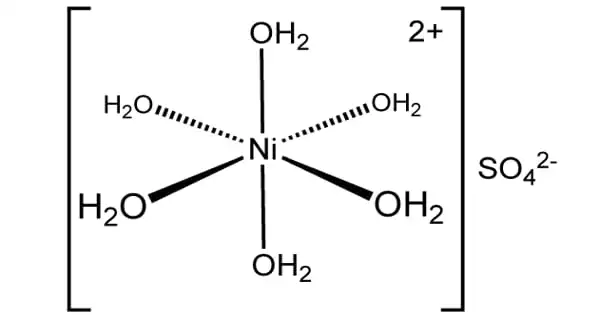An aviation biofuel, also known as bio-jet fuel or bio-aviation fuel (BAF), is a biofuel that is used to power aircraft and is considered a sustainable aviation fuel (SAF). The undeniable environmental consequences of continuing to rely on oil-derived jet fuel have prompted international efforts in the aviation sector to seek alternative solutions. The International Air Transport Association (IATA) considers it to be one of the most important factors in reducing the carbon footprint of aviation’s environmental impact.
Due to the limited options for decarbonization, the successful implementation of bio-aviation fuel is critical in contributing to the aviation sector’s roster of greenhouse gas emissions mitigation strategies. Aviation biofuel could help decarbonize medium- and long-distance air travel, which accounts for the majority of emissions, as well as extend the life of older aircraft types by lowering their carbon footprint. The aviation industry is important to the global economy, supporting nearly 57 million jobs and USD 2.2 trillion in global GDP.
Biofuels are fuels derived from plants or waste; depending on the type of biomass used, they can reduce CO2 emissions by 20–98% when compared to conventional jet fuel. The first blended biofuel test flight took place in 2008, and in 2011 blended fuels containing 50% biofuels were allowed on commercial flights. The IATA set a goal of 2% penetration by 2025 in 2019.
The aviation industry is one of the world’s largest carbon emitters and this carbon is emitted at higher altitudes, where it may be even more harmful than at sea level. The industry is eager to clean up its act, but advanced biofuels are the only truly viable option they must find a liquid fuel that is a “drop in” solution, meaning it can be used by existing infrastructure.

Aviation biofuel can be produced from plant sources such as Jatropha, algae, tallows, waste oils, palm oil, Babassu, and Camelina (bio-SPK); from solid biomass via pyrolysis using a Fischer–Tropsch process (FT-SPK); from waste fermentation via an alcohol-to-jet (ATJ) process; or from synthetic biology via a solar reactor. Ethanol can be burned in small piston engines that have been modified.
Developing and promoting aviation biofuels will be critical to reducing carbon emissions from commercial aviation. Some forerunner airports have already incorporated bio-jet fuel into their refueling systems as a first step. However, wider bio-jet adoption is hampered by high costs when compared to fossil-based jet fuels. New policy approaches are required to establish international standards and ensure coordination in order to encourage bio-jet development.
Food crops, prime agricultural land, natural forest, and fresh water are not competed with by sustainable biofuels. They can be used as an alternative to electrofuels. A third-party organization certifies that sustainable aviation fuel is available.
















